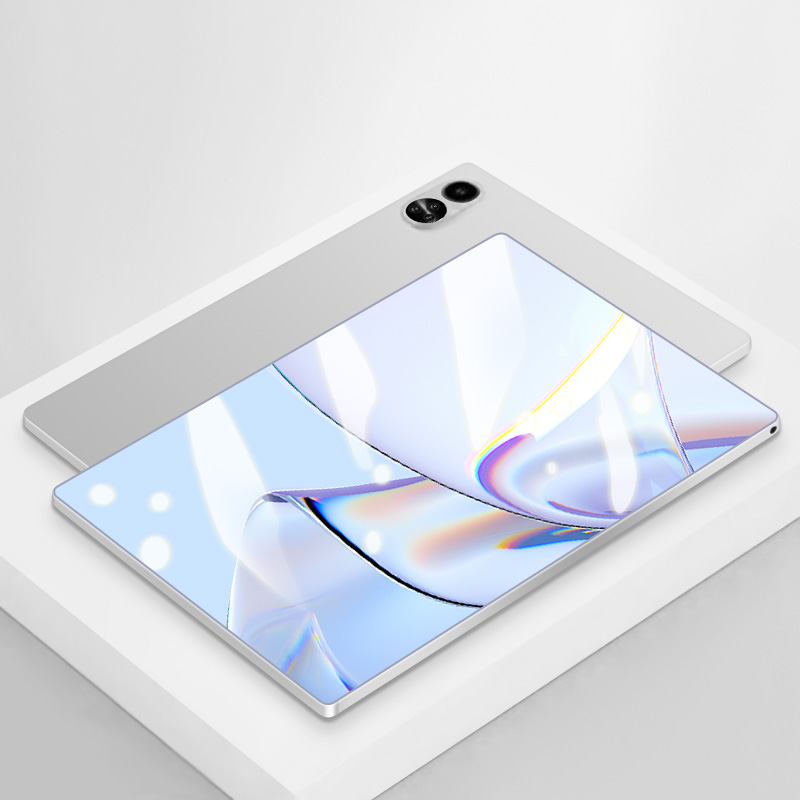What Factors Affect Battery Life in Android Tablets
When choosing an Android tablet, battery life is a crucial consideration. A longer battery life ensures that the device can handle prolonged use, whether for work, entertainment, or gaming. Understanding the factors that influence battery performance can help you make an informed decision and optimize your tablet¨s usage. Here¨s a detailed look at the key factors affecting battery life in Android tablets:Since then, more and more people have found that android tablet for sale The value of, thus affecting the choice of many people. https://txsongseng.com
1. Battery Capacity
MAh Rating: The milliampere-hour (mAh) rating of a tablet¨s battery indicates its capacity. Generally, a higher mAh rating suggests a larger battery, which can potentially offer longer usage times. However, the actual battery life depends on several other factors, not just capacity.
2. Screen Size and Resolution
Display Power Consumption: Larger screens and higher resolutions require more power. Tablets with high-resolution displays (such as 4K) and larger screens consume more energy to drive the pixels, leading to faster battery drain compared to devices with smaller screens and lower resolutions.
3. Processor Efficiency
CPU and GPU: The efficiency of the tablet¨s processor (CPU) and graphics processing unit (GPU) plays a significant role in battery life. Newer, more efficient processors often have better power management, which helps extend battery life. Older or less efficient chips may consume more power for the same tasks.
4. Operating System and Software
System Optimization: The Android operating system and the apps installed on your tablet affect battery performance. Regular software updates and system optimizations can improve power management. Additionally, apps that are not well-optimized may cause increased battery drain due to excessive background processes or inefficient coding.
android tablet wholesalers.jpg
5. Brightness and Display Settings
Screen Brightness: Higher screen brightness levels use more battery power. Adjusting the screen brightness to a lower, more comfortable level can significantly extend battery life. Many tablets also have adaptive brightness settings that adjust brightness based on ambient lighting, which helps save power.
6. Connectivity Features
Wireless Connections: Features such as Wi-Fi, Bluetooth, and cellular connections can impact battery life. Keeping these connections active when not needed can drain the battery more quickly. Using power-saving modes or turning off unnecessary connectivity features can help conserve battery.
7. Battery Health and Age
Wear and Tear: Over time, the battery¨s performance may degrade due to wear and tear. Battery health can be affected by factors such as the number of charge cycles and exposure to extreme temperatures. Older batteries generally have reduced capacity and shorter battery life.
8. Usage Patterns
Active vs. Standby Time: How you use your tablet affects its battery life. Intensive activities like gaming, streaming high-definition videos, or running multiple apps simultaneously will drain the battery faster. In contrast, light usage such as reading or browsing the web may result in longer battery life.
Battery life in Android tablets is influenced by a variety of factors, including battery capacity, screen size, processor efficiency, and usage patterns. By understanding these elements, you can make more informed decisions when choosing a tablet and adopt practices to optimize battery performance. Whether you¨re looking for a device with long-lasting battery life or seeking ways to improve your current tablet¨s endurance, considering these factors will help you get the most out of your Android tablet.